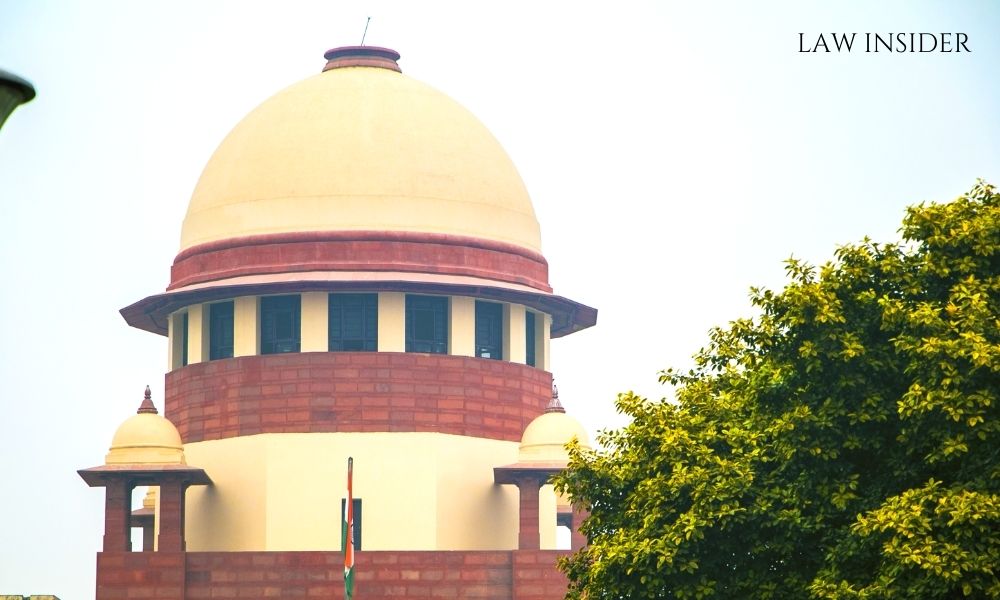LI Network
Published on: 23 September 2023 at 11:50 IST
The Supreme Court has expressed that denying prisoners the opportunity for premature release after serving lengthy periods of incarceration not only crushes their spirits but also instills despair, symbolizing society’s inclination toward harshness and unforgivingness.
In a recent judgment, the apex court emphasized that this denial contradicts the concept of rewarding prisoners for good conduct and ordered the immediate release of a murder convict who had spent 26 years in custody. The 67-year-old man had been convicted of killing a woman in 1994.
The man’s plea for remission had been reviewed by the jail advisory board on nine occasions. On three of these occasions, the board recommended his premature release, but the Kerala government rejected the proposal each time.
A bench comprising Justices S Ravindra Bhat and Dipankar Datta questioned the rationality of continued punishment, even if it may be morally debated. The court pondered, “The question is, what is achieved by continuing to punish a person who recognizes the wrongness of what they have done, who no longer identifies with it, and who bears little resemblance to the person they were years earlier? It is tempting to say that they are no longer the same person.”
The bench noted that the insistence on adhering to guidelines without considering the genuine impact of good behavior in prison and other relevant factors results in a violation of Article 14 (equality before the law) of the Constitution.
The court emphasized that excluding the option of premature release for prisoners who have endured lengthy incarcerations not only crushes their spirit and instills despair but also signifies society’s resolve to be harsh and unforgiving.
The bench cited Rule 376 of the Kerala Prisons and Correctional Services (Management) Rules, 2014, which mandates remission for maintaining peace and good behavior in jail.
The convict had sought a directive from the state government for his premature release, given that he had been in actual custody for over 26 years and served a sentence of more than 35 years, including more than 8 years of remission earned.
In ordering the immediate release of the convict, the Supreme Court noted that he had earned over 8 years of remission, indicating his good conduct in prison. The minutes of the jail advisory board meetings also provided positive assessments of his character, describing him as hardworking, disciplined, and a reformed inmate.
The court argued that requiring the petitioner, who had already served over 26 years in custody (and over 35 years with remission), to undergo another advisory board review and subsequent consideration by the state government for premature release would be a “cruel outcome, like being granted only a salve to fight a raging fire, in the name of procedure.”
The bench emphasized that prison laws in India encompass a strong underlying reformative purpose.
The practical impact of a guideline that denies consideration of a premature release request by a convict who has served over 20 or 25 years, solely based on the nature of a crime committed in the distant past, would be to extinguish all hope for such individuals, the court said.
For instance, a 19 or 20-year-old convicted of a crime listed as ineligible for premature release would face lifelong incarceration and eventually die in prison.
The court acknowledged the unique circumstance of continuing to imprison individuals who may have completely changed since committing a crime many years earlier. This situation applies to many individuals serving lengthy sentences, including those who committed offenses at a young age, such as a narcotic drug-related offense or non-violent crimes, and remain incarcerated 20 or more years later.
Also Read: When can a prisoner be released early? – Law Insider India

